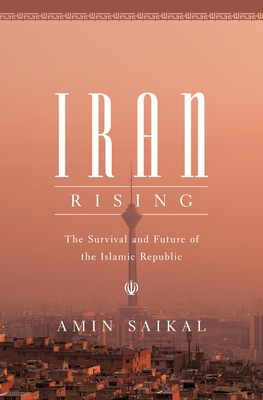Expedite your nonfiction book discovery process with Readara interviews, summaries and recommendations, Broaden your knowledge and gain insights from leading experts and scholars
In-depth, hour-long interviews with notable nonfiction authors, Gain new perspectives and ideas from the writer’s expertise and research, Valuable resource for readers and researchers
Optimize your book discovery process, Four-to eight-page summaries prepared by subject matter experts, Quickly review the book’s central messages and range of content
Books are handpicked covering a wide range of important categories and topics, Selected authors are subject experts, field professionals, or distinguished academics
Our editorial team includes books offering insights, unique views and researched-narratives in categories, Trade shows and book fairs, Book signings and in person author talks,Webinars and online events
Connect with editors and designers,Discover PR & marketing services providers, Source printers and related service providers

Iran Rising: The Survival and Future of the Islamic Republic
History > Middle East - Iran
- Princeton University Press
- Hardcover
- 9780691175478
- 9.4 X 6.4 X 1.3 inches
- 1.6 pounds
- History > Middle East - Iran
- (Single Author) Asian American
- English
Readara.com
Book Description
An authoritative account of how and why the Islamic Republic has survived to become a critical player in the Middle East and the world
When Iranians overthrew their monarchy, rejecting a pro-Western shah in favor of an Islamic regime, many observers predicted that revolutionary turmoil would paralyze the country for decades to come. Yet forty years after the 1978-79 revolution, Iran has emerged as a critical player in the Middle East and the wider world, as demonstrated in part by the 2015 international nuclear agreement. In Iran Rising, renowned Iran specialist Amin Saikal describes how the country has managed to survive despite ongoing domestic struggles, Western sanctions, and countless other serious challenges.
Saikal explores Iran's recent history, beginning with the revolution, which set in motion a number of developments, including war with Iraq, precarious relations with Arab neighbors, and hostilities with Israel and the United States. He highlights the regime's agility as it navigated a complex relationship with Afghanistan during the Soviet invasion, survived the Gulf wars, and handled fallout from the Iraqi and Syrian crises. Such success, Saikal maintains, stems from a distinctive political order, comprising both a supreme Islamic leader and an elected president and national assembly, which can fuse religious and nationalist assertiveness with pragmatic policy actions at home and abroad.
But Iran's accomplishments, including its nuclear development and ability to fight ISIS, have cost its people, who are desperately pressuring the ruling clerics for economic and social reforms--changes that might in turn influence the country's foreign policy. Amid heightened global anxiety over alliances, terrorism, and nuclear threats, Iran Rising offers essential reading for understanding a country that, more than ever, is a force to watch.
Author Bio
Amin Saikal is Professor of Political Science and Director of the Centre for Arab and Islamic Studies (the Middle East and Central Asia) at the Australian National University. Professor Saikal has been a visiting fellow at Princeton University, Cambridge University, and the Institute of Development Studies at the University of Sussex, as well as a Rockefeller Foundation Fellow in International Relations (1983-1988). He was awarded the Order of Australia (AM) in January 2006 for his services to international community and education as well as an advisor and author.
He is the author of numerous works on the Middle East, Central Asia, and Russia. His latest publications include Modern Afghanistan: A History of Struggle and Survival, London: I.B. Tauris, 2012; The Rise and Fall of the Shah: Iran from Autocracy to Religious Rule, Princeton: Princeton University Press 2009; Islam and the West: Conflict or Cooperation?, London: Palgrave, 2003. (Co-editor) American Democracy Promotion in the Middle East: From Bush to Obama, London: Routledge, 2012; ‘Islamism, the Iranian Revolution and the Soviet Invasion of Afghanistan’, The Cambridge History of the Cold War, Cambridge: Cambridge University Press, 2010.
He has also published numerous scholarly articles in International Journals, and chapters in edited volumes. Further, he has published many Op-Ed pieces in a number of national and international dailies, including The International Herald Tribune, The Wall Street Journal, The New York Times, and The Guardian, and is a frequent commentator on issues related to the Middle East and Central Asia on radio and television.
Source: Middle East Institute Washington, D.C.
Videos










Community reviews
No Community reviews

